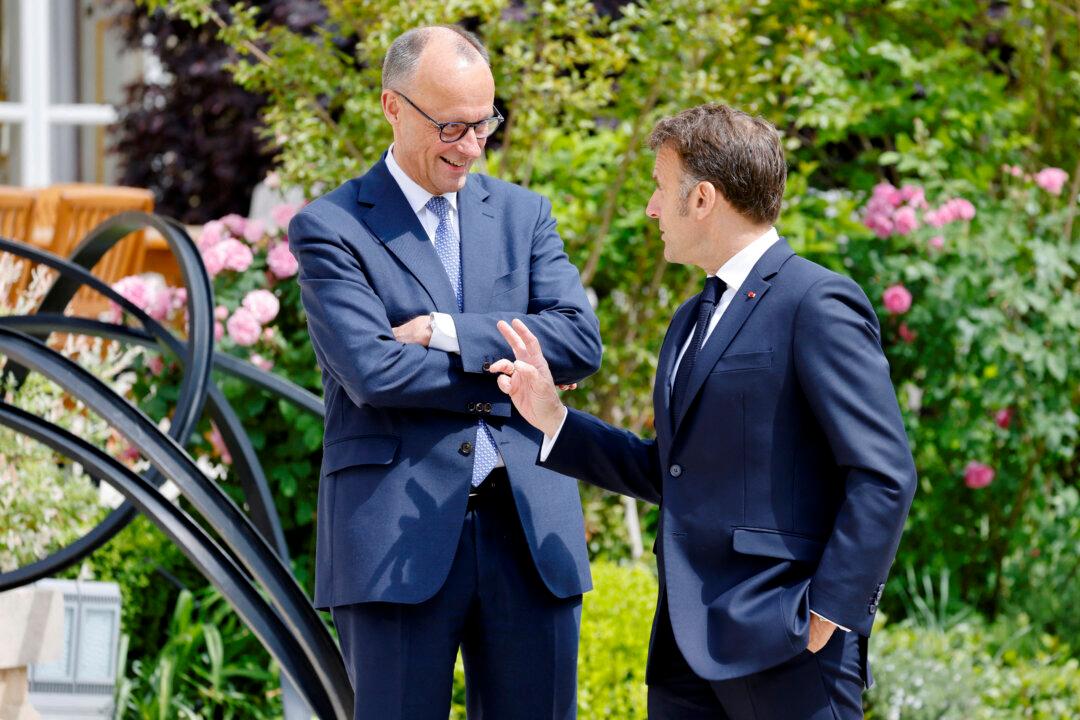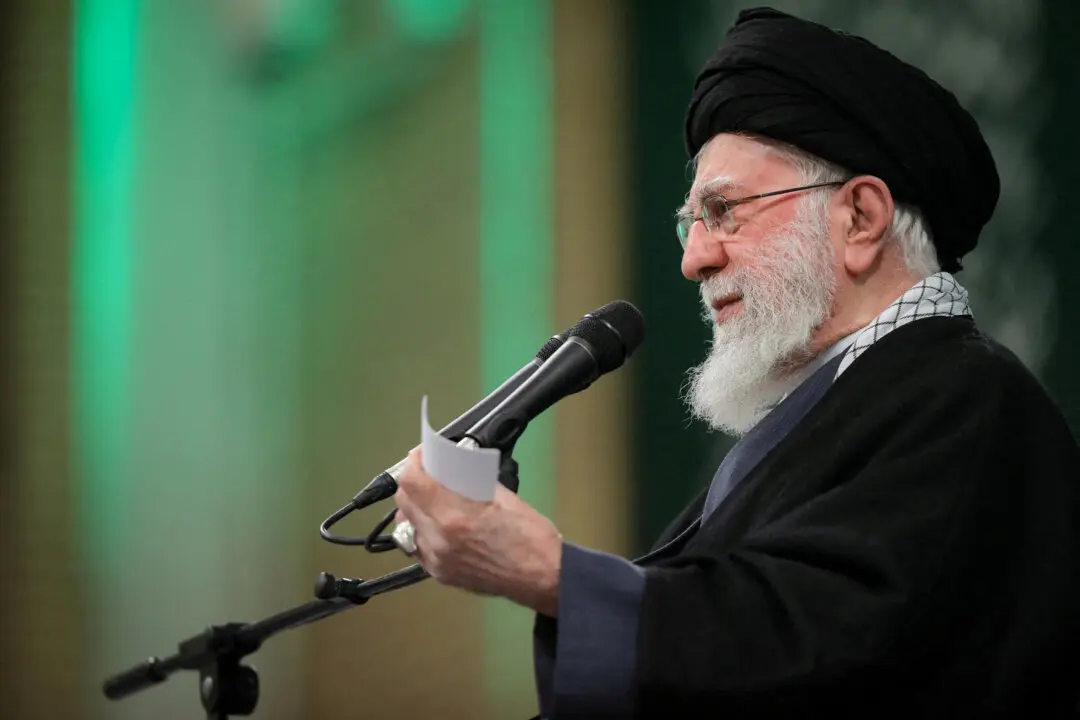New German Chancellor Friedrich Merz plunged straight into international diplomacy on his first full day in the job on May 7, heading straight to Paris for talks with French President Emmanuel Macron.
Merz and Macron used their first meeting since the German leader’s election on May 6 to present a united European front on the issues of the day, such as U.S. tariffs and the war in Ukraine.





